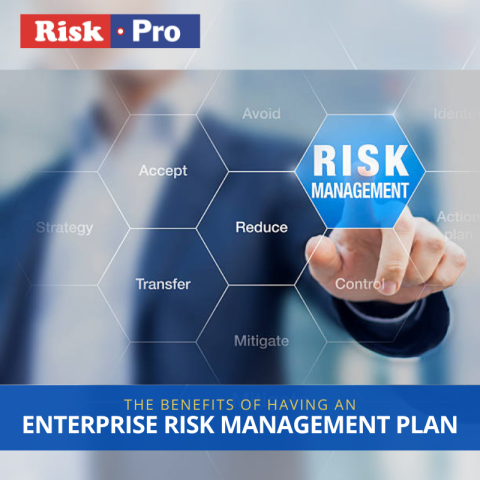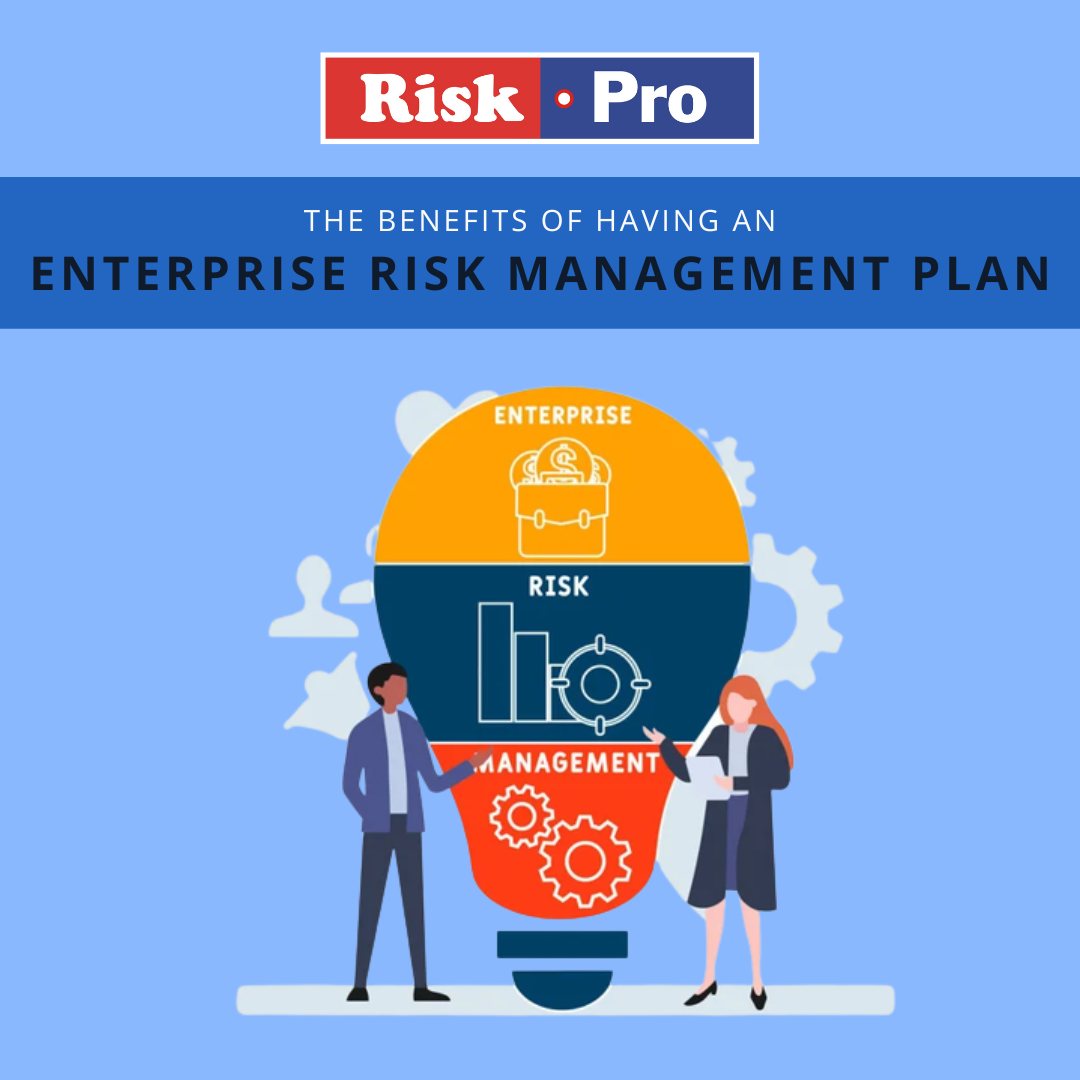
Introduction to Enterprise Risk Management
Enterprise risk management (ERM) is a process used by companies to identify and manage risks across their entire organization. The objective of ERM is to provide a structured approach to risk management that enables companies to make informed decisions and improve their overall risk management practices.
The ERM process involves identifying potential risks, assessing the likelihood and impact of those risks, and developing strategies to manage those risks. This process is typically overseen by a risk management team or committee that includes representatives from different areas of the organization.
One of the key benefits of ERM is that it helps companies to take a holistic view of risk management, rather than managing risks in silos. By identifying and assessing risks across the entire organization, companies can take a more strategic approach to risk management and make informed decisions that balance risk and reward.
In conclusion, ERM is an important process for companies looking to improve their risk management practices. By taking a holistic view of risk management, companies can make more informed decisions and improve their overall efficiency and effectiveness.

Benefits of Enterprise Risk Management
Enterprise risk management provides several benefits to companies that can help to improve their overall operations and reduce risk. Here are some of the key benefits of ERM:
1. Improved risk management:
ERM provides a structured approach to risk management that enables companies to identify, assess, and manage risks more effectively. This can help to reduce the likelihood of financial loss or reputational damage.
2. Enhanced stakeholder confidence:
ERM provides stakeholders with greater confidence in the company's risk management practices. This can enhance the company's reputation and help to attract investors and customers.
3. Improved decision making:
ERM provides decision makers with reliable and timely information on potential risks and vulnerabilities within the organization. This helps to inform strategic decisions and supports more effective risk management practices.
4. Better alignment of risk management with strategic goals:
ERM helps to ensure that risk management is aligned with the company's strategic goals. This can help to ensure that risks are managed in a way that supports the company's overall objectives.
In conclusion, enterprise risk management provides several benefits to companies, including improved risk management, enhanced stakeholder confidence, improved decision making, and better alignment of risk management with strategic goals. By implementing ERM, companies can take a more strategic approach to risk management and improve their overall efficiency and effectiveness. To know more about our Enterprise Risk Management advisory, please contact us at info@riskpro.in
